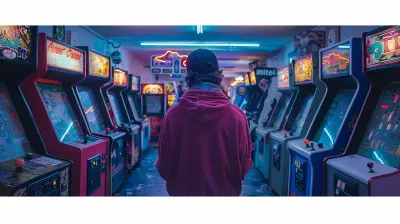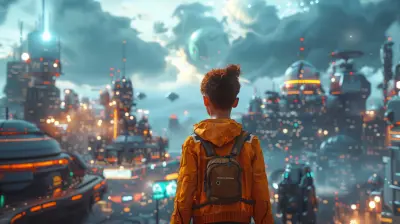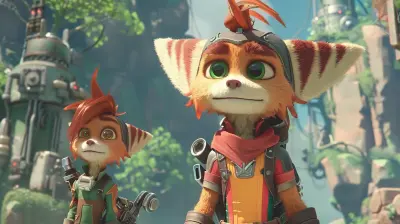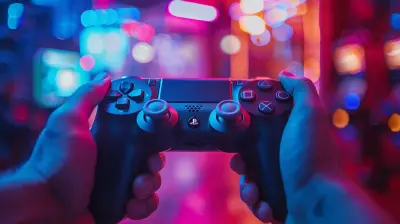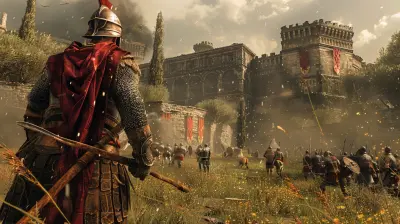The Evolution of Video Game Fandoms: How Communities Shape Gaming
24 April 2025
Picture this: it’s the late 1980s. You just got your hands on the latest NES cartridge, and your only way to share the excitement is inviting your best friend over or chatting about it at school. Fast forward to today, where fandoms have evolved into sprawling, vibrant communities shaping not just gaming culture but also the games themselves. Yeah, we’ve come a long way.
Gaming fandoms are no longer just a small, close-knit group of enthusiasts geeking out over their favorite titles. They’ve become a full-blown cultural phenomenon, creating massive ripples in game development, marketing, and how people bond over the virtual worlds they adore. Let’s dive into how these communities emerged, grew, and changed the gaming landscape forever.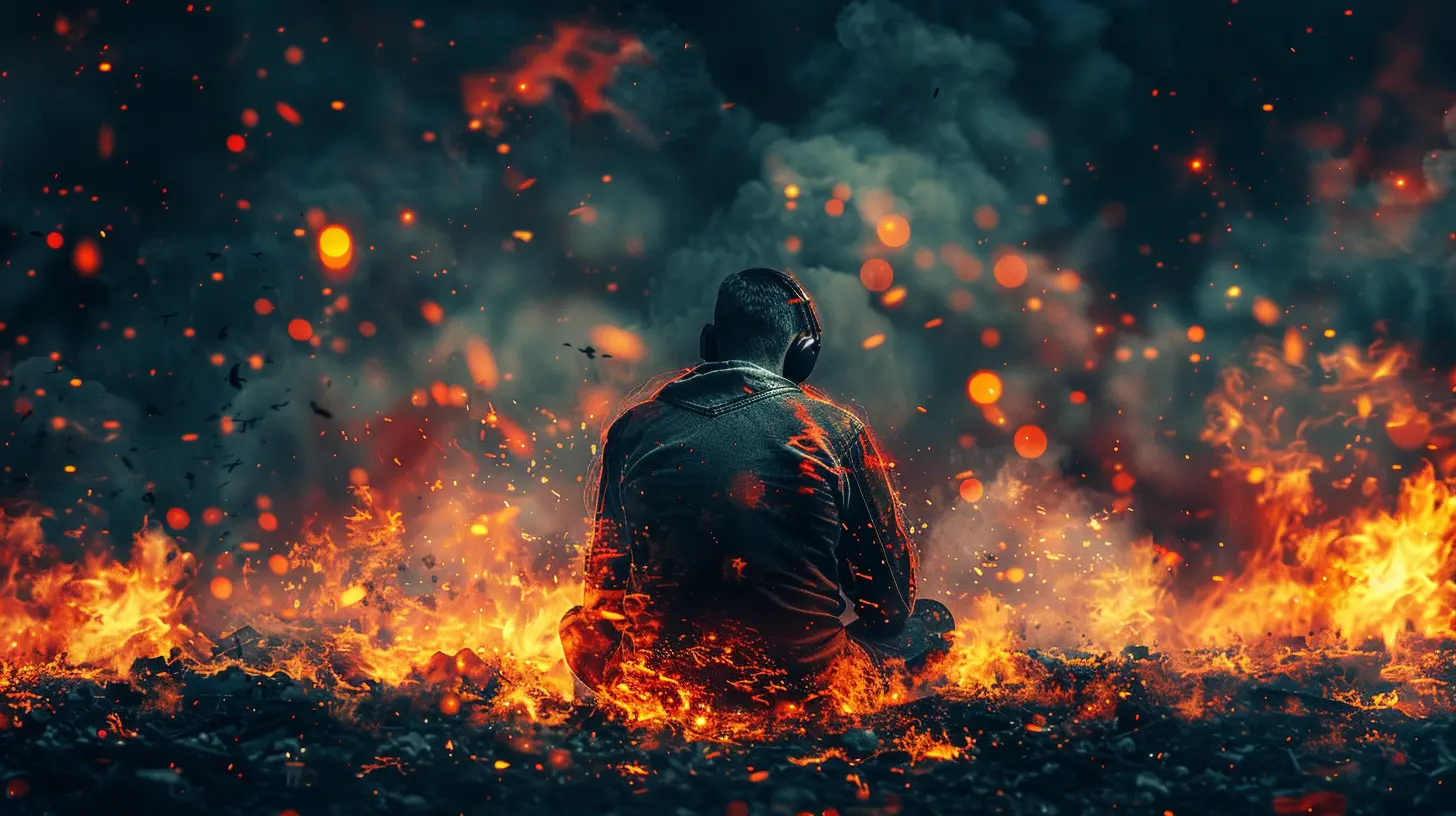
A Pixelated Beginning: Gaming Fandoms in the ‘80s and ‘90s
Back in the day, being a gamer often meant you were part of a niche crowd. Video games were considered a quirky hobby, not the behemoth mainstream entertainment they are now. But even in those early days, fandoms started to sprout.Think about those neighborhood high-score contests at the arcade. Or the intense badge of honor that came with being able to beat Mike Tyson’s Punch-Out!! on the NES. Communities were small but mighty, built on face-to-face interactions and word-of-mouth bragging rights.
If you were lucky, some magazines like Nintendo Power became your gospel, offering tips, cheat codes, and a sense that, somewhere out there, others were as obsessed with defeating Bowser as you were. Fandoms were intimate and analog, but they were just getting started.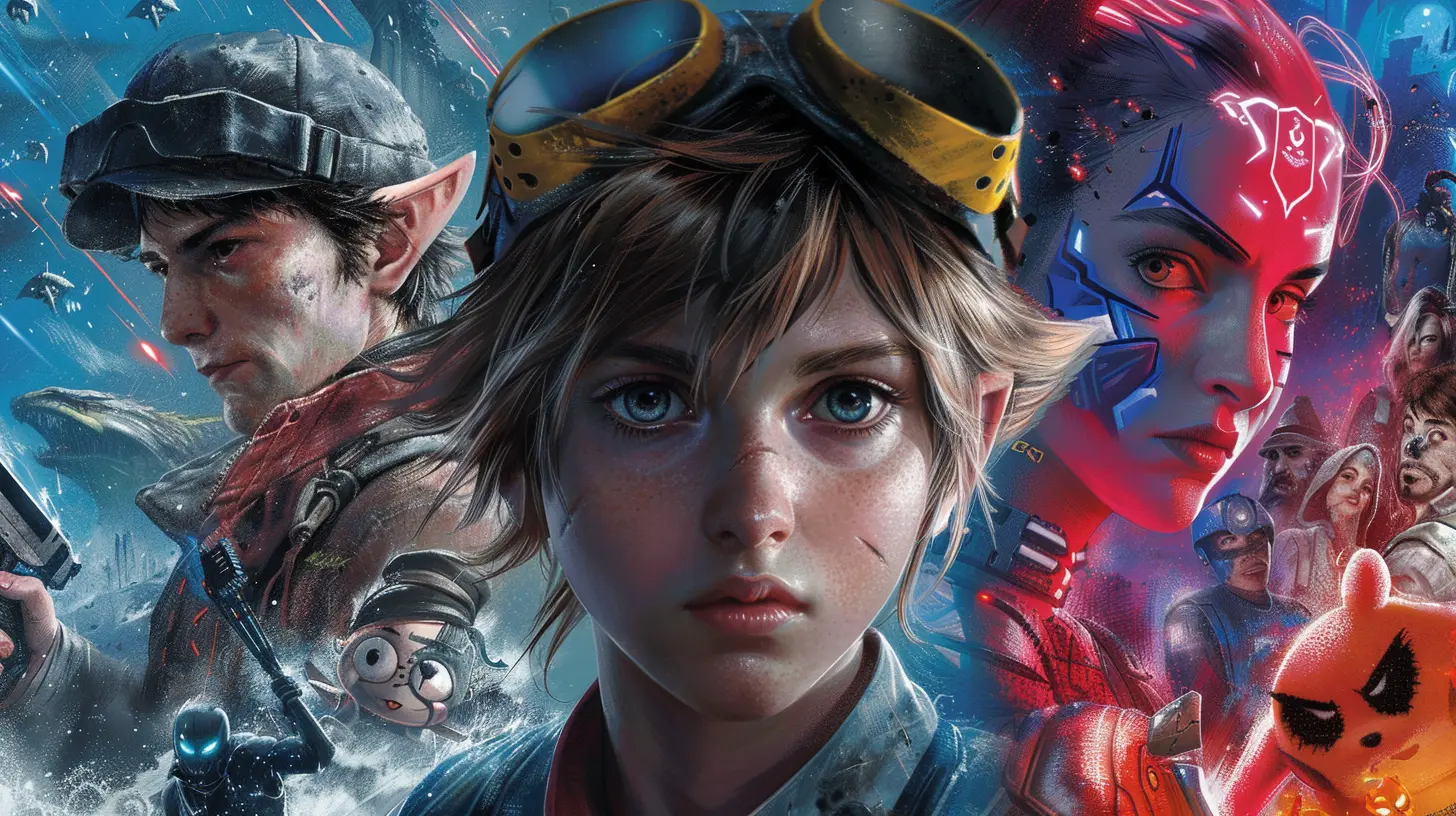
The Internet Levels Up Gaming Fandoms
And then the internet happened. Boom. Game-changer.Suddenly, fans could connect beyond their local arcade or living room. Forums like GameFAQs and fan sites dedicated to specific games or franchises popped up in the late ‘90s and early 2000s. These places became the digital hub for sharing tips, swapping theories, and debating which Pokémon starter was the absolute best (the correct answer is always Charmander, by the way).
Online multiplayer games further propelled this connection. Games like Counter-Strike and World of Warcraft quickly became the breeding ground for passionate fandoms that fostered teamwork, rivalries, and inside jokes.
But here’s the kicker: these weren’t just fans bonding over games. Oh no. They were also influencing the games themselves. Developers began listening to their audience, patching bugs and making tweaks based on fan feedback. Players were no longer just consumers—they were co-creators in shaping the gaming experience.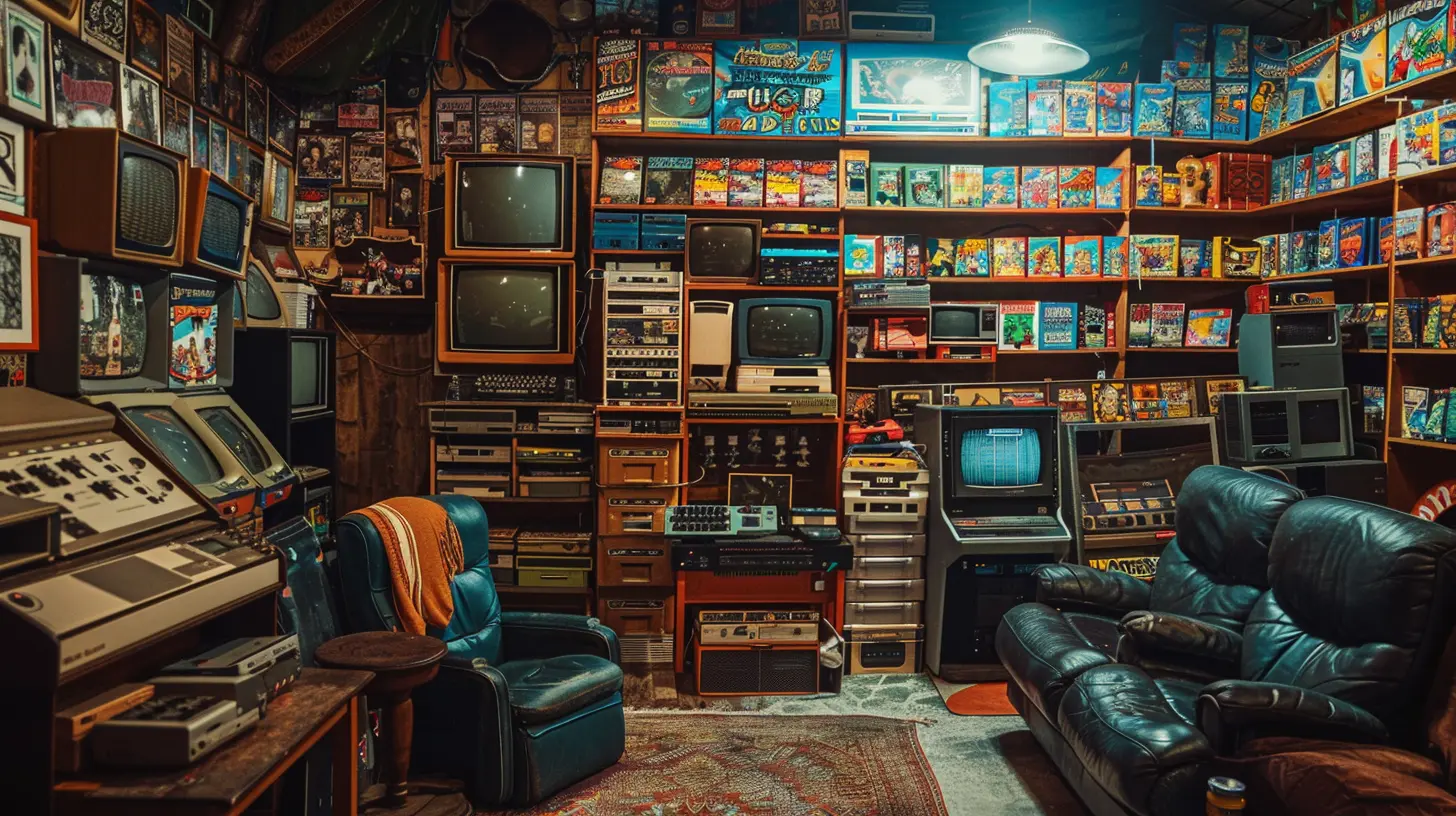
Social Media Supercharges Fandoms
By the late 2000s, social media kicked gaming fandoms into overdrive. Platforms like Twitter, YouTube, and Reddit gave fans the power to amplify their voices in ways that were unimaginable before.Did a game have an unsatisfying ending? (Looking at you, Mass Effect 3). Fans could unite and demand a better one. Developers, in turn, took notice—sometimes even apologizing and making changes. The barriers between fans and creators started to dissolve, resulting in a dynamic relationship where each influenced the other.
And YouTube? Oh, boy. It became the platform for gaming fandoms. Whether you were watching Let’s Plays, hilarious in-game bloopers, or theory videos dissecting the lore of Dark Souls, the platform fostered a new wave of community bonding. You didn’t just play games—you watched, analyzed, and meme-ified them alongside millions of others.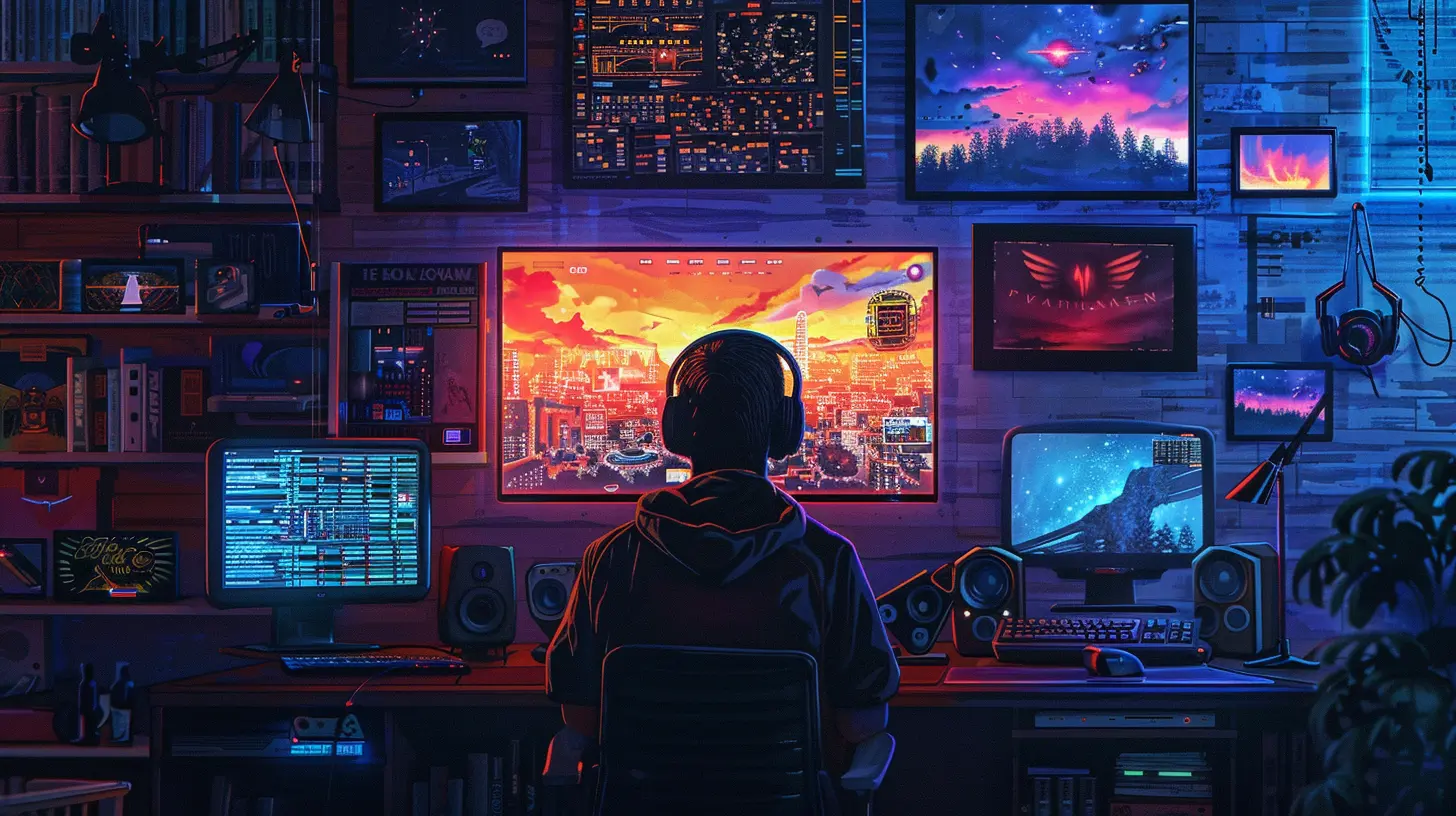
The Rise of Esports and Competitive Gaming
Let’s talk about the juggernaut that is esports. Competitive gaming has taken fandoms to stadium-level heights—literally.Games like League of Legends, DOTA 2, and Overwatch have birthed global fan bases that rival traditional sports teams. Esports events often sell out arenas, with fans cheering on their favorite players and teams while decked out in team merch. If you’ve ever seen someone lose their mind over a last-minute play in the CS:GO Finals, you know the energy is electric.
What’s fascinating is how these fandoms mirror traditional sports fandoms. There are rivalries, chants, dramatic meltdowns, and absurd levels of devotion. Esports proved that gaming isn’t just a solitary activity—it’s a spectacle, a community, and in some cases, a career.
Fan Creativity: The Birth of Mods, Memes, and Fan-Made Content
Fans are a creative bunch, aren’t they? Over the years, gaming fandoms have exploded with mods, memes, and fan-made projects that add layers of personality to the games we love.Remember Half-Life 2 giving birth to Garry’s Mod, which then birthed an entire genre of sandbox-style games? Or how about the thriving modding community around The Elder Scrolls V: Skyrim, where fans have essentially rebuilt the game from scratch with high-definition textures and entirely new quests? Modding isn’t just a side hustle for these communities—it’s a love letter to the games they adore.
Memes have also entered the chat. I mean, could we even talk about Among Us without mentioning sus jokes or the endless stream of absurd fan art? Memes turned games into cultural moments that even non-gamers recognize.
And let’s not forget fan fiction and fan art. Entire websites (looking at you, Archive of Our Own) are dedicated to fans reimagining their favorite games’ characters and worlds. Sometimes these works even influence the developers themselves. Case in point: Sonic’s infamous redesign for the live-action movie. That was all thanks to fan backlash.
Inclusivity and Representation in Fandoms
One of the most significant impacts of modern gaming fandoms is how they’ve pushed for inclusivity and representation.Communities are no longer content with cookie-cutter protagonists or one-size-fits-all narratives. Fans are vocal about wanting better representation of women, people of color, and LGBTQ+ characters in their games. And guess what? Developers are listening. Games like The Last of Us Part II, Celeste, and Life is Strange are proof of gaming’s growing diversity.
This inclusivity extends to fan spaces, too. Online forums and Discord servers are fostering inclusive environments where everyone can share their love for gaming, regardless of who they are.
The Dark Side of Fandoms: Toxicity and Gatekeeping
Of course, not everything is pixel-perfect in the realm of gaming fandoms. Like any passionate community, there’s a flip side—toxicity and gatekeeping.Some fans take their devotion to unhealthy extremes, lashing out at developers or other fans over perceived slights. Gatekeeping is another ugly trait where some fans believe their love for a game is more “legitimate” than newbies’. We’ve all seen those “you’re not a real gamer unless...” hot takes, and yeah, they’re exhausting.
The good news? Many gaming communities are actively working to fight this toxicity. Moderators are stepping up, and creators are calling out bad behavior. The majority of fans want these spaces to be welcoming and positive because, at the end of the day, gaming is supposed to be fun, right?
The Future of Gaming Fandoms
So, what’s next for gaming fandoms? If the past is any indication, the future looks limitless.With the rise of virtual reality (VR) and augmented reality (AR), fandoms are going to have even more immersive ways to connect. Imagine watching a live esports match while sitting in the virtual stadium. Or attending a fan-made event in a digital space like VRChat, decked out in your custom avatar.
AI and machine learning might also play a big role. Developers could one day use AI to analyze fan feedback and craft personalized game experiences tailored to individual communities. It sounds sci-fi, but we’re already inching closer every day.
And let’s not forget the metaverse. As platforms like Fortnite and Roblox expand into full-fledged virtual worlds, gaming fandoms may evolve into interconnected, multi-dimensional spaces where anything is possible.
Final Thoughts: It’s All About Connection
At the heart of it, gaming fandoms aren’t just about the games—they’re about connection. Whether it’s bonding over clutch plays, dissecting lore, or sharing memes, the communities we build around gaming are what make the experience truly special.So, here’s to the fans. The ones who camp out in forums, create jaw-dropping fan art, and rally together to make gaming better for everyone. You’re not just players—you’re the lifeblood of the industry. Keep being awesome.
all images in this post were generated using AI tools
Category:
Gaming CultureAuthor:

Francesca West
Discussion
rate this article
6 comments
Everett Fry
What a fantastic exploration of video game fandoms! It’s inspiring to see how communities fuel passion and creativity in gaming. Here’s to celebrating the connections that bring us all together!
May 6, 2025 at 4:40 AM

Francesca West
Thank you! I'm glad you enjoyed the article and share in celebrating the vibrant connections within gaming communities!
Margaret Kline
Great article! It’s fascinating how communities transform gaming experiences and foster connections among fans. Thank you!
May 2, 2025 at 4:08 AM

Francesca West
Thank you for your kind words! I'm glad you enjoyed the article and appreciate the insights on community impact in gaming.
Soren Spencer
What a delightful read! It’s inspiring to see how video game fandoms have transformed and created vibrant communities. These connections not only enhance our gaming experiences but also foster friendships that last beyond the screen. Cheers to gaming together! 🎮✨
April 30, 2025 at 2:29 PM

Francesca West
Thank you! I'm glad you enjoyed it and appreciate the positive impact of gaming communities. Cheers to the friendships we've built through our shared passion! 🎮✨
Damian McWain
This article brilliantly highlights how video game fandoms have evolved from niche groups to powerful communities. The way these fans influence game development and culture is fascinating. It's a testament to the impact of shared passion in shaping the gaming landscape.
April 28, 2025 at 4:08 PM

Francesca West
Thank you for your insightful comment! I'm glad you found the article highlights on the influence of video game fandoms engaging. Their impact on game development and culture is indeed significant!
Nathaniel Cannon
Great insights! Communities truly enhance the gaming experience and foster connection.
April 27, 2025 at 4:46 PM

Francesca West
Thank you! I completely agree—communities play a pivotal role in enriching the gaming experience and building lasting connections.
Laila McElhinney
Great read! It's fascinating how gaming communities have evolved and shaped our experiences. It’s amazing to see how we connect and support each other through our shared passions!
April 25, 2025 at 4:35 AM

Francesca West
Thank you! I'm glad you enjoyed it. The evolution of gaming communities truly highlights the power of shared passions in bringing people together.
